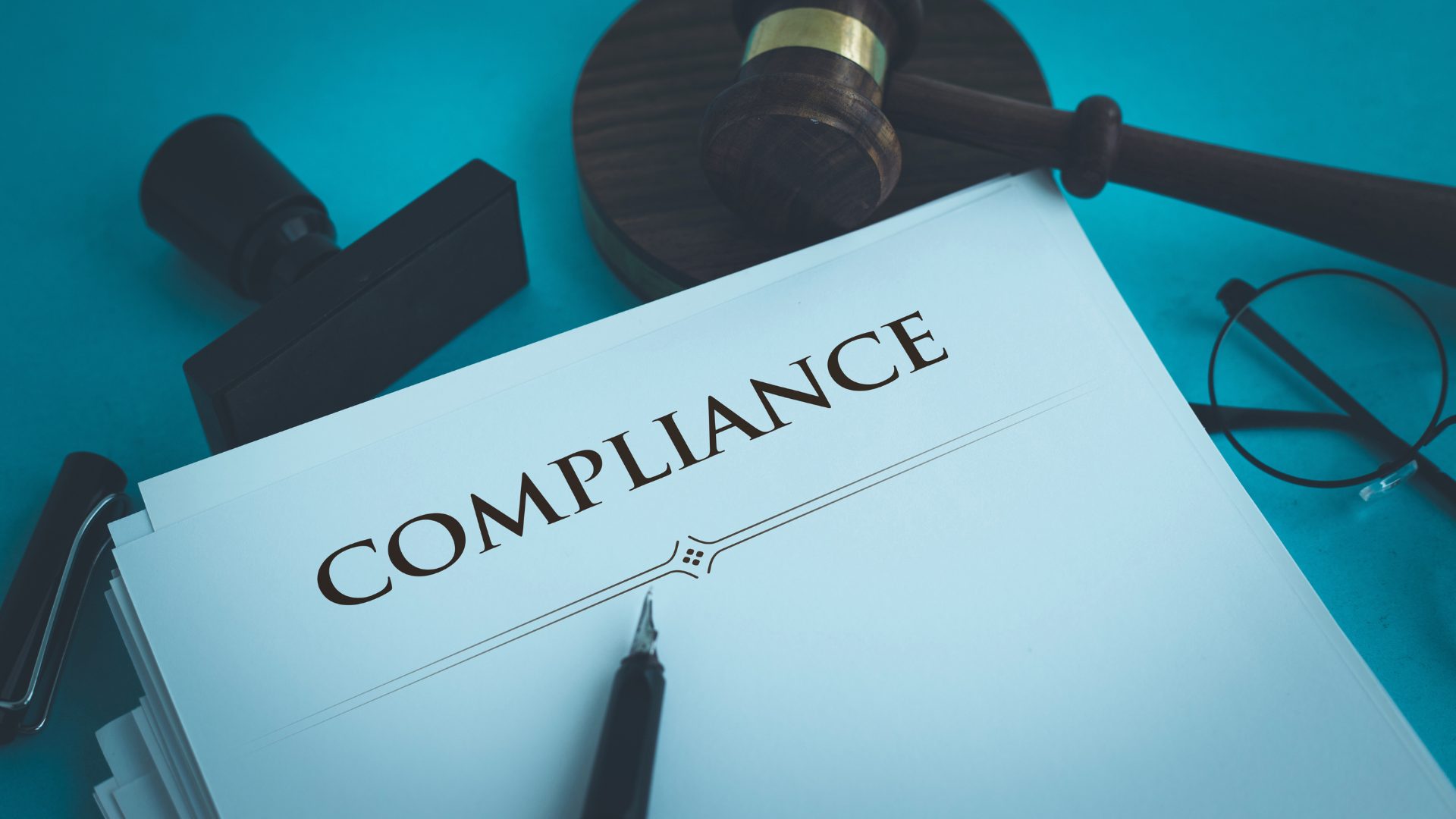Starting a business involves navigating a maze of regulations, and securing the right permits is a crucial step in that process. Understanding the specific permits required for a business can streamline operations and ensure compliance with local laws. Failure to obtain the necessary permits can lead to fines or even the closure of the business, making it essential to address this aspect early on.
Researching local regulations is the first task entrepreneurs should undertake. Each location has different requirements depending on the industry and business model. In many cases, consulting with local authorities or legal professionals can provide clarity on the needed documentation and processes.
Additionally, keeping track of deadlines is important. Many permits have renewal requirements and specific timelines for application submissions. By staying organized and proactive, business owners can secure the right permits and focus on growing their enterprises without unnecessary interruptions.
Understanding Business Permit Requirements
Securing the right permits requires a deep understanding of multiple factors. These include identifying the appropriate business category, local zoning laws, and adhering to state and federal regulations.
Identify Your Business Category
Different business categories are subject to varying permit requirements. Common categories include retail, food service, manufacturing, and health services.
Research your specific category to determine necessary permits. For instance, restaurants might need health permits, while retail outlets may require sales tax permits.
Consult organizations like the Small Business Administration (SBA) or local chambers of commerce for guidance. They can provide resources tailored to specific industries, ensuring compliance.
Local Zoning Laws
Local zoning laws dictate how properties may be used within specific areas. Understanding these laws is crucial for avoiding penalties.
Before proceeding with any business operations, check with the local zoning office. This can help identify restrictions on business types, hours of operation, and signage regulations, which are all essential considerations when it comes to effective business location planning.
It’s important to obtain a zoning permit if required, which confirms that the proposed business aligns with local land use plans. Failure to comply could result in fines or the requirement to cease operations.
State and Federal Regulations
In addition to local requirements, state and federal regulations play a significant role in permit acquisition. Each state has its own set of regulatory bodies and requirements.
For example, businesses dealing with food production must comply with health department regulations at both state and federal levels.
Moreover, federal laws may apply to businesses engaged in industries like finance, healthcare, and transportation. Checking the appropriate regulatory agencies is essential for understanding the specific permits needed based on the business’s scope and location.
Familiarize yourself with the applicable regulations to ensure full compliance and avoid operational disruptions.
Navigating the Permit Application Process
Securing permits involves careful preparation and attention to detail. The process requires gathering documents, submitting applications correctly, and addressing potential inspection requirements.
Gathering Necessary Documents
Before starting the application, compiling all required documents is crucial. Commonly needed documents may include:
- Business License: Proof of proper registration.
- Site Plans: Detailed layouts of the business location.
- Blueprints: Architectural designs when applicable.
- Tax Identification Number (TIN): For tax purposes.
Each permit type may have unique requirements, so it is essential to consult local regulations. Incomplete documentation can lead to delays or rejections. Therefore, checking each item on the list against the specific permit requirements reduces risks. Organizing these documents systematically can streamline the subsequent steps.
Submitting Your Application
When ready, the application must be submitted to the appropriate authority. Most jurisdictions offer an online portal, while others may still require paper applications. Key steps include:
- Completing the Application Form: Ensure all information is accurate and complete.
- Paying Fees: Be aware of any associated costs and ensure payment is processed.
- Deadline Awareness: Submissions often follow strict deadlines; awareness can prevent missed opportunities.
Tracking submission confirmations can provide reassurance. Many authorities may offer a tracking option to monitor the application status. Staying proactive in communication can also help address any issues promptly.
Handling Inspection Requirements
Many permits necessitate inspections at various stages, often before the final approval. Understanding what to expect can ease this process. Main points include:
- Scheduling Inspections: Most agencies require a pre-arranged inspection. It’s wise to book early.
- Preparation: Ensure all work is completed according to submitted plans. Discrepancies can lead to failure.
- Documentation: Keep all relevant documents handy during the inspection.
Once the inspection is complete, any findings will be communicated. Addressing issues raised quickly can help in securing the necessary approvals without delay. This is particularly important for specialized projects, such as those involving BUR systems, green roofing installations, or complex waterproofing work, where specific inspection standards often apply. Therefore, following up diligently during this phase is vital to ensure all matters are resolved efficiently.
In addition to general inspections, businesses must also consider specialized assessments governed by strict regulations. These may involve structural integrity, environmental compliance, or safety systems. For example, maintaining effective fire protection is essential in commercial properties. This typically includes regular fire door surveys to assess the condition and compliance of fire-rated doors, frames, and hardware as part of broader safety protocols. By addressing findings from such assessments, businesses not only ensure compliance but also protect occupants, property, and their reputation.
Maintaining Compliance
Maintaining compliance with permit regulations is essential for any business. It involves timely renewals and staying updated on legal changes that affect operations.
Renewing Permits Timely
The timely renewal of permits is crucial to avoid fines and interruptions in business operations. Each permit has a specific expiration date, and businesses should monitor these dates closely.
Action Steps:
- Create a Renewal Calendar: Mark all permit expiration dates.
- Set Reminders: Use digital tools for alerts a few weeks in advance.
- Gather Required Documents: Prepare any documentation needed for renewal ahead of time.
Failing to renew a permit on time can lead to penalties or legal issues. Thus, sticking to a strict renewal schedule fosters better compliance practices.
Staying Informed on Legal Changes
Laws and regulations governing permits may change. Businesses must stay informed to ensure compliance with new requirements.
Strategies to Stay Updated:
- Subscribe to Industry Newsletters: These often provide updates on relevant legal changes.
- Attend Workshops and Seminars: Networking events can be valuable for up-to-date information.
- Engage with Local Regulatory Offices: Regular communication can clarify any changes affecting permits.
By actively seeking out information, businesses maintain their compliance and continue operating without interruptions. Knowing the legal landscape helps avoid unintentional violations.




